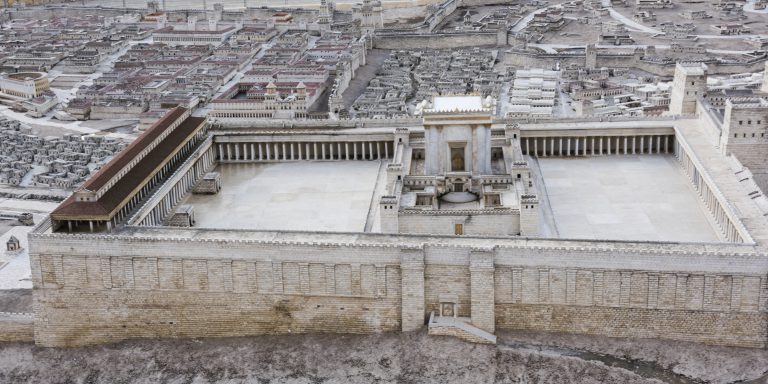Korach All that is necessary for the triumph of evil is that good men do nothing
Korach ‘All that is necessary for the triumph of evil is that good men do nothing’
The focus of this week’s portion, Korach, is Korach’s challenging the leadership of Moses and Aaron together with Datan, Aviram, and two hundred and fifty elders who allied themselves with Korach in the revolt, claiming that they had an equal right to lead. Moses responded by telling Korach and the others to bring their fire pans the following day and lay incense on them: God would decide who should lead. Up to this point, the only characters mentioned are Moses, Aaron, Korach, Datan, Aviram, and the elders. The people are not involved. When the hour of judgment arrives however, Korach intensifies his campaign against Moses attempting to gain wide support by gathering the people to observe the event in an endeavor to cause a revolution. The text makes it clear that the congregation plays no part in what happens: They have been called by Korach to witness. Yet God speaks to Moses, saying: “Separate you from among this congregation, that I may consume them in a moment!” (Numbers 16:21) Whereupon Moses and Aaron fall on their faces and plead with God: “And they fell upon their faces, and said, O God, the God of the spirits of all flesh, shall one man sin, and wilt thou be wrathful with all the congregation?” (Numbers 16:22)
Apparently God listens and reconsiders. God’s response is: “Say to the assembly, ‘Move away from the tents of Korach, Datan and Aviram.’ (Numbers 16:24). Moses warned the assembly, “Move back from the tents of these wicked men! Do not touch anything belonging to them, or you will be swept away because of all their sins.” (Numbers 16:26).
The question is, why did God want to destroy the entire nation in the first place? What did they do wrong? Some commentators are so puzzled by this episode that they say Moses misinterpreted God’s original command. By “community,” God meant just the rebels. However Moses misunderstood and thought that God meant the entire people. Malbim posits that, in fact, God did originally intend to destroy the entire nation because they were guilty of a great sin: “They had committed the sin of sitting on the fence. Their sin was of indifference of having a noncommittal attitude. They wished to be undecided, and not committed, they were ready to jump to either side whichever would win. It was for this that God wanted to destroy them – for not taking a stand against evil, for choosing to be neutral instead of speaking out in support of Moses or in protest at the actions of Korach, for biting their tongue and saying nothing; for choosing to be in a position of neutrality and indecision.
The Torah does not suggest that the people supported Korach, but they did not oppose him, either. If Moses won, they would continue to work with him. If Korach won, they would side with him. Until the matter was decided they did not want to get involved. Moses did not understand this at first. He protested, “But God, they have not done anything!” To which God responded, “That’s exactly the point: They have not done anything. Let them stand back from Korach and Dathan and Abiram. If they want to be saved, let them disassociate themselves from the evil around them, for evil will triumph if good men do nothing.’ Is there a message more lasting and enduring than this one?
Evil in a society or a nation endures when the people stand by and watch! By not condemning Korach and his followers, by their silence, the people of Israel condoned the former’s actions. No less today, when we stand by and allow evil to go unchallenged, we share responsibility with those who are perpetrating it. The only way to prevent ourselves and our world from falling prey to the evil that others propose to do is by getting off the fence and standing up against them with our words and our deeds. Silence in the face of evil is a sin, not an option. The passive onlooker is to be condemned!


 שחמט דיגיטל
שחמט דיגיטל